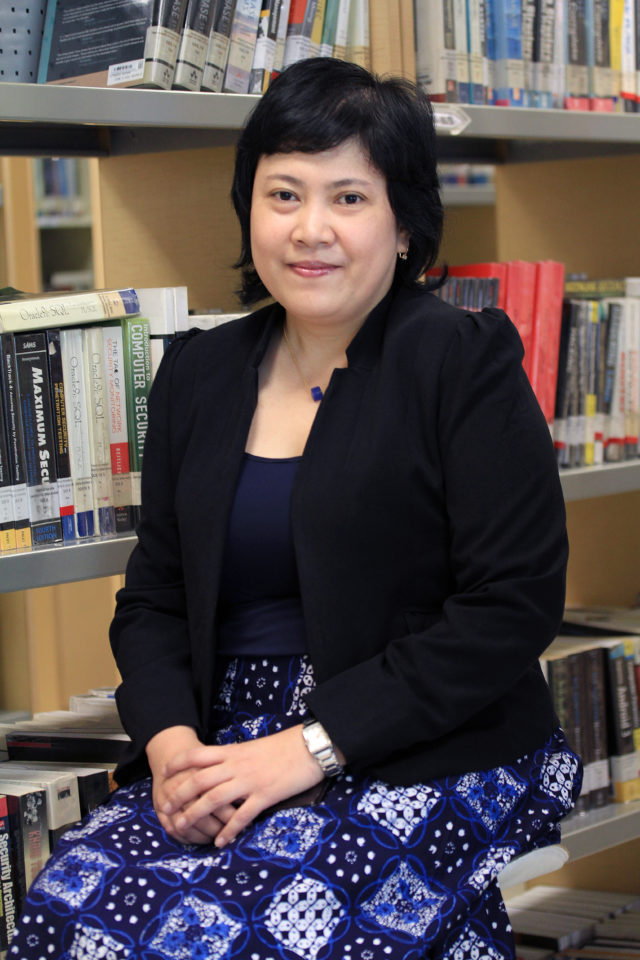
Dewi Fitriasari, Ph.D, CSRS, CMA
Dewi Fitriasari earned her PhD from Aarhus University, Denmark. She focuses on Sustainability Accounting and receives special trainings in Aarhus University – Denmark, Copenhagen Business School-Denmark, and in University of St. Andrews-Scotland, UK. Her interest on Sustainability Accounting started from her time in Gadjah Mada University, Indonesia where she gained her master degree in Accounting. Both her thesis and doctoral thesis are in Sustainability Accounting. She is active nationally and internationally in studies and activities of sustainability disclosures and risk management with sustainability as the main perspective. She is currently leading the Business Risk Management Research Interest Group in Bina Nusantara University.
Case Document
[CASE STUDY] GRUNDFOS INDONESIA: MEASURING ELECTRICITY EFFICIENCY
The case study is a case study on energy efficiency accounting that leads to energy saving and CO2 reductions with cost saving as the financial result. This case study describes how Grundfos Indonesia as a pump supplier for PT. SRM, a chemical company in Indonesia, contributes to energy saving and Co2 reduction that can lead to wider access to clean water by providing its advanced inverter pump technology to its consumer.
The case study covers the introduction on Grundfos Group and Grundfos Indonesia, followed by the understanding of pump life cycle cost to enhance students’ experience and learning in studying the case. The role of PT. SRM in the case study is as the background of the case in which Grundfos has successfully delivered its services.
The main concept of the course specific topic that is relevant to the case study is the consumers and suppliers engagement. Under the concept of stakeholder engagement, the case study describes how a seemingly marketing-oriented activity conducted by Grundfos as part of engagement agreed by PT. SRM can actually lead to energy saving, CO2 reduction and cost saving. In this case study, the stakeholder engagement is slightly different from the stakeholder engagement of consumers and suppliers described in the text book (Chapter 6). In the book, stakeholder engagement is generally described as an engagement “allowed” by the inviting organization. However, in the case study, the engagement started with the pro-active approach of Grundfos that eventually agreed to solution phase in which Grundfos becomes one of the suppliers of PT. SRM in pumping system. This difference in starting point can enrich student understanding on stakeholder engagement between suppliers and consumers. The kind of report and energy accounting done in the case study will also expose the students to actual practices of communication or accountability in the making between a supplier and a consumer.
